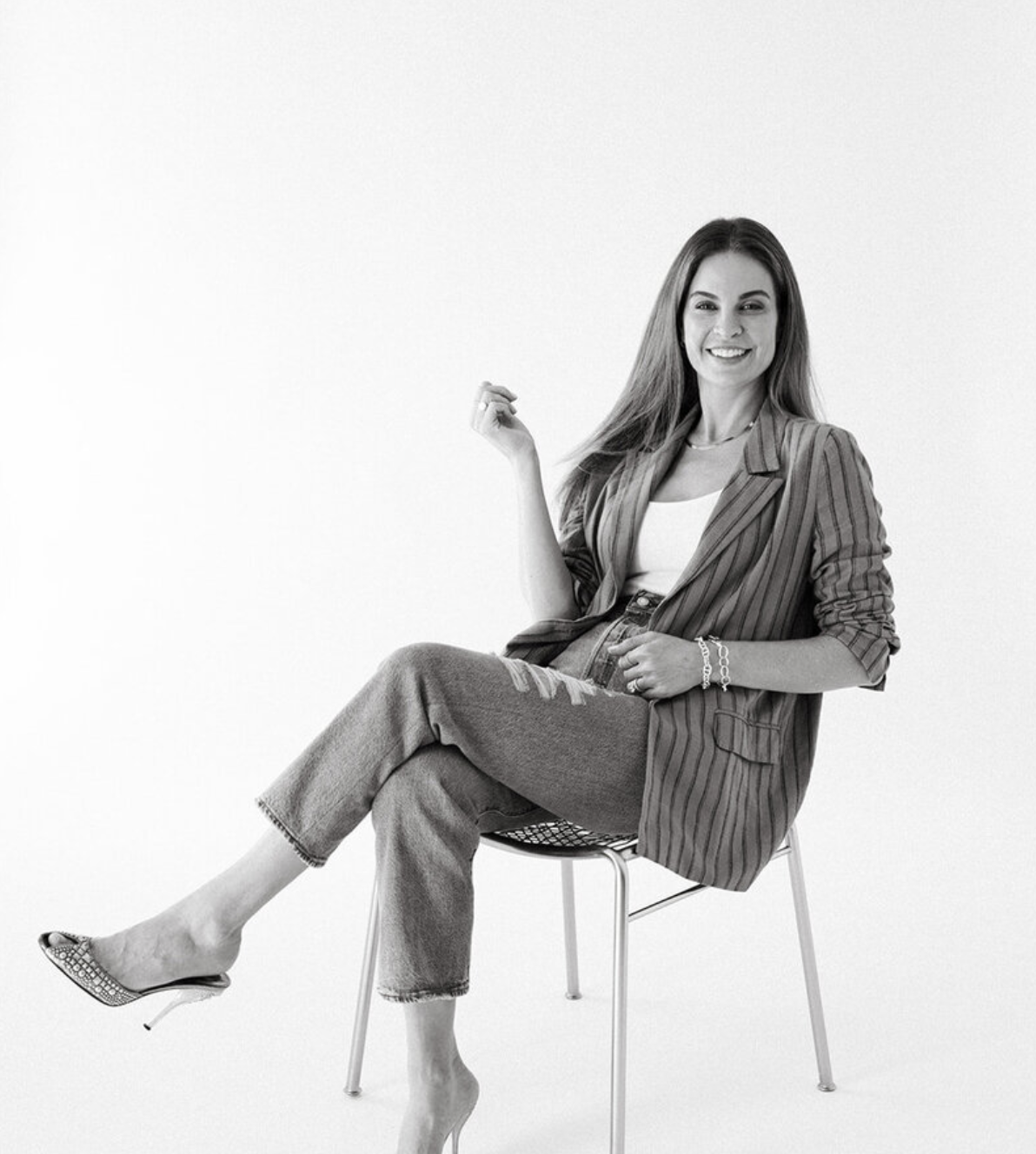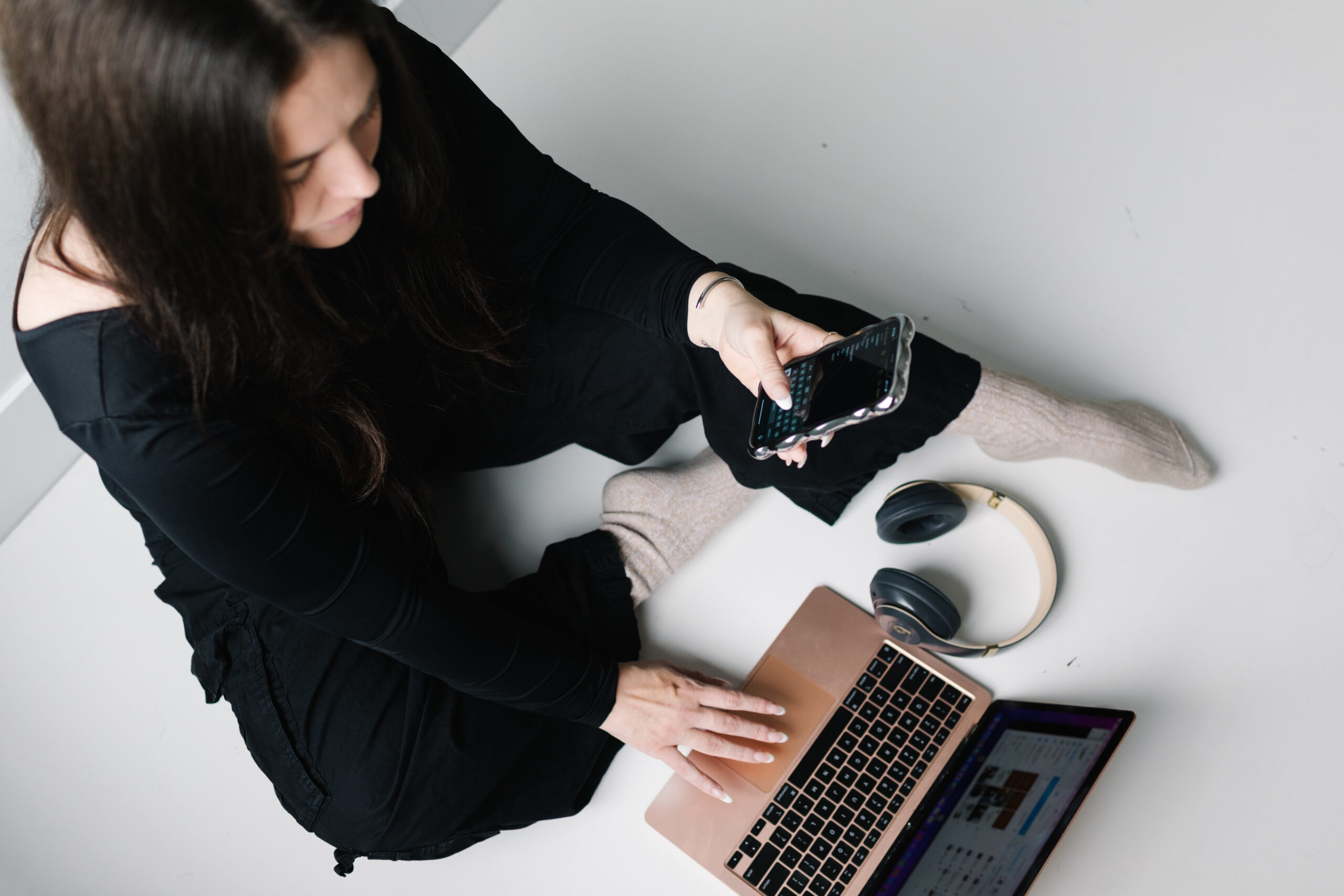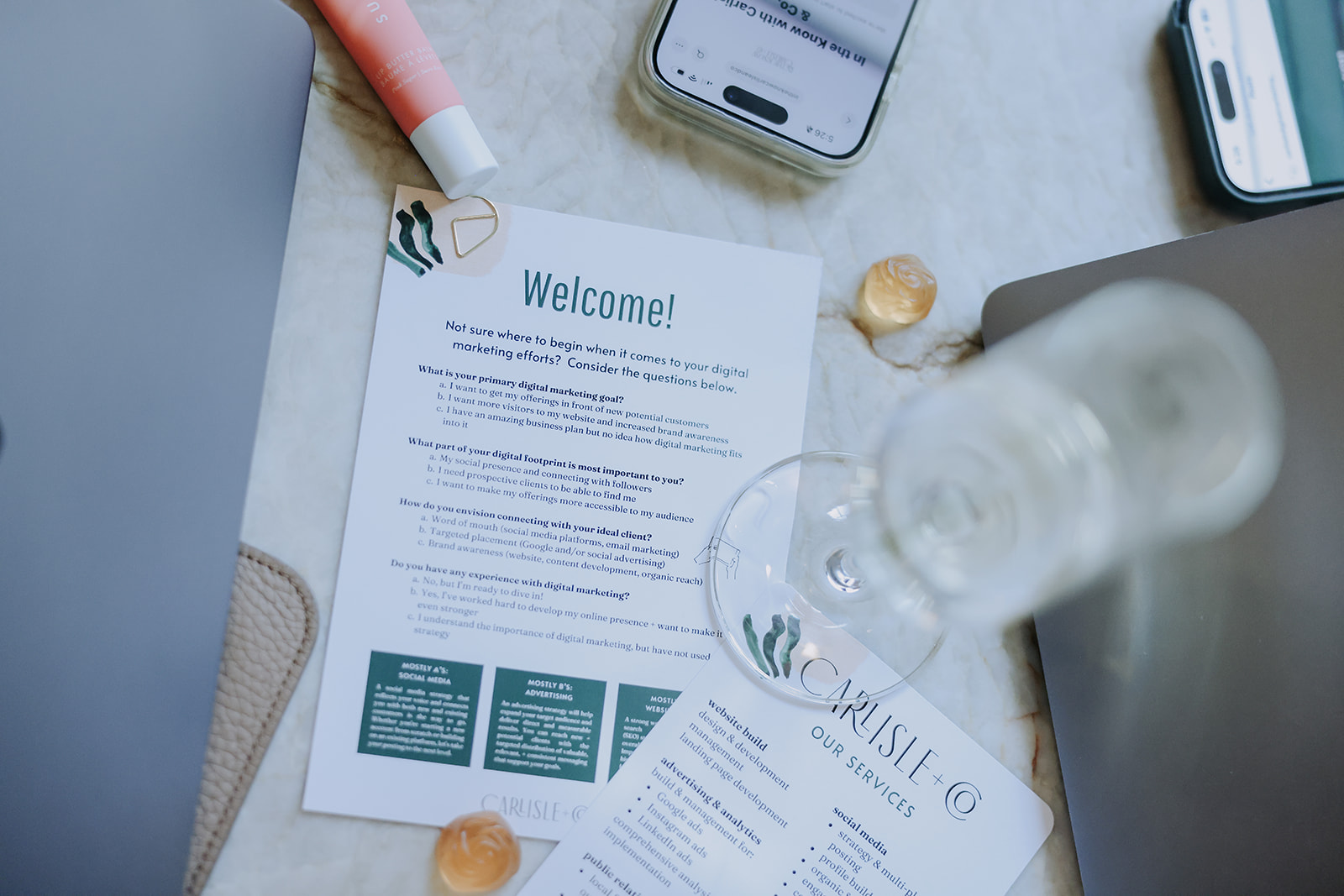Have you been tuning in for our Instagram Live each month? We sure hope so! This month, we were fortunate enough to get answers to all of your podcast questions from Sonni Abatta, host of We Gotta Talk. On her weekly episodes, Sonni dives deep into big topics with various experts (including two Carlisle & Co. clients!).
In today’s blog post, we’re going to cover the inspiration behind Sonni’s podcast, how she prepares for her interviews, and so much more.
Please note: Our conversation with Sonni has been edited and condensed.
What inspired you to make the switch from local newscaster to podcaster?
My family. There’s really no way to do it all. I loved my job, but the schedule became really difficult for me. I wasn’t able to be present in the way I needed to be at home and then at work. For the record, I loved being at work. I had no mom guilt. I made the transition because I couldn’t do both.
A lot of women are raised with the belief that we can do it all — and we can, but not all at once.
Because it was a deeply important reason to me, I’ve never regretted it or looked back. I really encourage women to sit quietly and reflect on how you want to feel. You may not be able to make that change immediately. It took me two years to do it — it was a process for me. I wish I would’ve learned to trust my instincts sooner. That’s the only measuring stick we have that really matters.
Tell us about the title of your podcast, We Gotta Talk.
It’s the philosophy I live by. I was raised in a very communicative family. Nothing was hidden. And yeah, as a result, things got dramatic at times! You cannot live your personal life or your professional life in a constant state of hiding or holding things back.
In a time where everyone seems very polarized in their political beliefs or the way they’re living their lives, talking is such a great way to bring people together and really connect. You can have respectful conversations with varying points of views. Pause and find those commonalities.
I believe that life should be uncomfortable at times. Conflict really presents an opportunity for growth.
Let’s talk about your process for determining your next topic or guest. Which one comes first?
Every creator has a different food pyramid or top-down flow. For me, it usually begins with a topic I’m interested in or a person I’ve found that has a compelling perspective. Usually, I’ll reach out to the person and mention their feed or an interview — something like, “I saw what you said about XYZ and really liked your point of view.”
The media landscape has really responded to the popularity of podcasts. There are a lot of services and databases now to connect hosts with experts. Other times, I’ll cold email someone from an article. I’ve found that a lot of people are kind and willing to talk.
Another great point for creators to keep in mind: Your network can surprise you and help you in unexpected ways. Be open to pitches and ideas that you may not have previously thought about!
It’s an issue-based podcast because it’s less about one particular area of interest than it is about interesting conversations.
Do you have any tips for digital marketers (like us!) who are pitching to podcast hosts?
It’s important to have a really good hook and subject line. For instance, the subject line from the team of one of my recent guests was, “She fights toxic weight loss culture.” It immediately grabbed my attention.
Add a personalization to your introductions. It takes a lot of time because you have to look up who you’re emailing, but it always rings a little nicer. Give me something.
Then, tell me in the first two sentences why your guest is interesting. I also want to know where else this person has appeared. Give me some validation on their track record. Summarize why my listeners would benefit from an interview. A couple of bullet points are helpful too (i.e. “Jane can talk about XYZ.”)
How do you prepare for an upcoming interview?
I always research and prepare a list of questions, but rarely do I stick to a script unless the conversation hits a lull. What you do during prep ends up sticking in your mind, so the process itself even helps. We do eventually get around to most questions, but they may not be in that exact order or be introduced as I anticipated.
There are tentative guests. You have to go into every interview a little differently.
If you can see or hear your guest in another interview, do it! Different guests bring different energies, so it’s good to be prepared. Watching or listening to them can help you find a way in.
Think about a good first question. Some hosts stick with a standard first questions (i.e. What were you like as a kid?) Or use the first few minutes of the interview to feel out their energy and see where you want to start. I can get a feel now for my guests. Do I need to softball some questions in the beginning? Or can I jump right in?
Finally, a pre-interview call is always helpful. That’s the best tool — just a simple phone call. It’s important for the host to be at the front of the process at some point. You can’t just show up at the interview and expect chemistry. You have to massage it a little bit.
For more tips about equipment for podcasts guests or starting your own podcasts — plus a list of Sonni’s favorite podcasts! — check out our Instagram Live.
If you’re looking to develop a digital marketing strategy and expand your online reach, please reach out to our team today.






Comments +